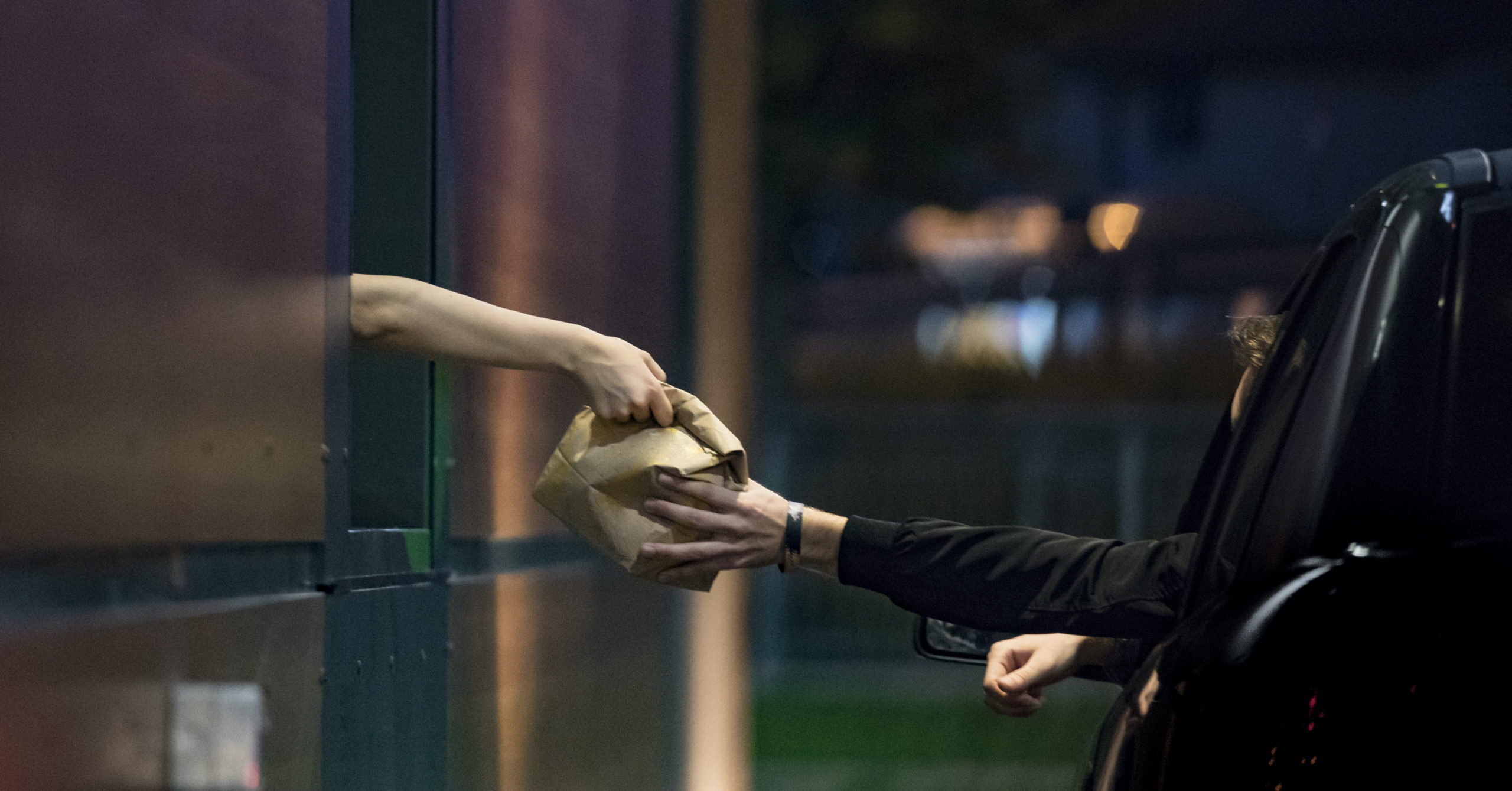A new report from the Corbynite think-tank Autonomy proposes to liven up British cities by introducing “drug consumption facilities”, removing barriers to prostitution — sorry, “sex work” — and creating police-free “non-enforcement areas”.
The report deserves serious attention, because its focus is not on these idyllic visions but on something which everyone should care about, especially as we approach a particularly bleak and storm-battered midwinter: the surprisingly large population of night workers toiling in warehouses, caring for the elderly and riding the streets delivering overpriced food.
Over three million British workers (one in nine) do their jobs while the rest of us are asleep, and that figure is likely to go on rising. High street shops are closing down while online outlets build giant distribution centres where the work never stops. Gig-economy apps are expected to function around the clock. An ageing population is only going to need more carers — who make up slightly under half the nocturnal labour force. And to work in the small hours is often to experience the worst of both worlds: the disadvantages of the modern economy — low pay, irregular shift patterns, burnout — without its compensations. Public services aren’t running, the gyms are shut and there’s nothing to eat except fried chicken.
Research also indicates that night workers are more likely to experience ill-health, physical injury and depression. Their relationships with spouses and children also suffer, not least because it’s harder to spend time together. Some workers, of course, prefer the night: “shift workers who like relatively solitary leisure pursuits or who abhor the crowds,” in the words of the occupational health expert Prof JM Harrington. But they are a minority.
The Autonomy report suggests that night workers need their own civic infrastructure: 24-hour rest stops, health centres and workers’ clubs, complete with canteens, changing rooms and libraries. Perhaps an enterprising local authority somewhere will give that a try, hopefully ignoring the accompanying recommendation to include designated drug-taking areas. A less idealistic model is the “Hospital at Night” scheme launched by four NHS trusts in 2003, which re-organised shift patterns to give doctors less nocturnal work. The doctors were happier and patient care actually improved.
But the fundamental issue is a familiar one: employees have not been consulted on the changes that have transformed their lives, whether that means disruptive shift patterns, poor working conditions or low pay. Without stronger unions, or laws requiring big firms to put workers on their boards, businesses will continue to reshape the workforce in their own interests, without much scrutiny from the government or the press. It isn’t only exhausted Deliveroo riders who look half-asleep at the moment.











Join the discussion
Join like minded readers that support our journalism by becoming a paid subscriber
To join the discussion in the comments, become a paid subscriber.
Join like minded readers that support our journalism, read unlimited articles and enjoy other subscriber-only benefits.
Subscribe